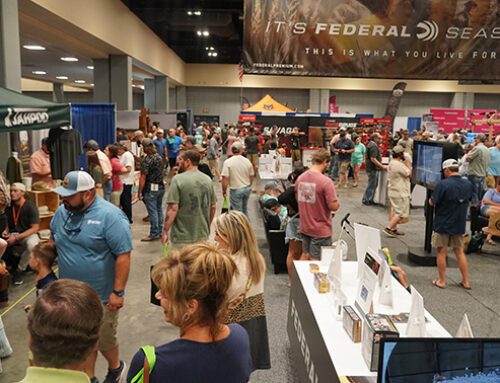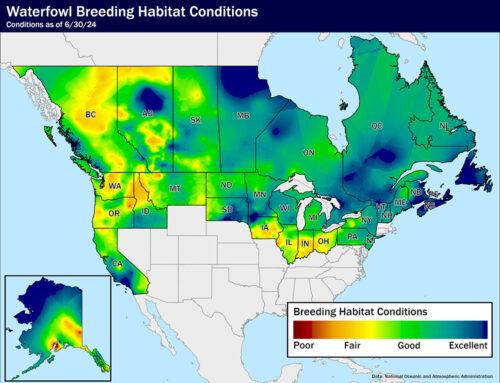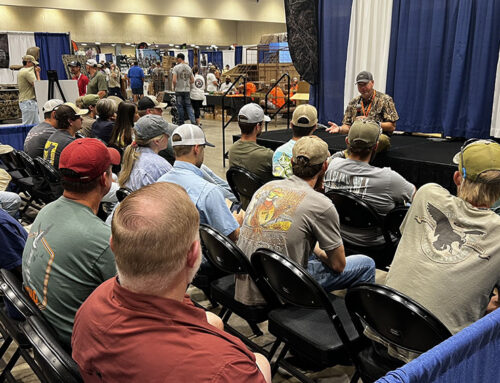Delta Waterfowl Awarded $100,000 Grant for Hen Houses in Manitoba

Delta Waterfowl Hen Houses are proven duck production tools that add mallards to the fall flight.
A large grant from Manitoba’s newly established Conservation Trust will help Delta Waterfowl produce more ducks.
As one of the first round of projects approved under the province’s Conservation Trust, Delta will receive $100,000 to build and install 500 new Hen Houses in southwest Manitoba next winter. Manitoba Premier Brian Pallister and Sustainable Development Minister Rochelle Squires announced the grant awards from the $102-million trust on April 15.
“Funding from the Conservation Trust will help Manitoba conservation organizations tackle important projects and create added environmental benefits for all Manitobans,” said Tim Sopuck, chief executive officer of the Manitoba Habitat Heritage Corporation. “The Conservation Trust offers a lasting approach that will fund conservation, and will inspire new ideas and projects that may not have been possible until now.”

Dr. Scott Petrie, left, of Delta Waterfowl was presented with a $100,000 grant for Hen Houses by Tim Sopuck of the Manitoba Habitat Heritage Corporation.
The MHHC, a special operating provincial agency focused on delivering conservation in Manitoba, selected the projects to be funded.
“By establishing this endowed trust, Manitoba is setting an incredible forward-thinking precedent to fund conservation in Canada,” said Dr. Scott Petrie, chief executive officer of Delta Waterfowl. “We are pleased and honored to receive this generous funding for Hen Houses and our duck production programs. This grant will certainly benefit Manitobans, as well as many hunters farther down the flyways.”
Hen Houses, which are used primarily by mallards, are wire nesting cylinders placed over water in small wetlands. Delta focuses nest structures in wetland areas with limited nesting cover where predators such as red foxes, raccoons and skunks can easily find duck nests in sparse patches of grass. Research has shown that mallards using Hen Houses in some intensely farmed regions of Canada are 12 times more likely to hatch a nest than those nesting in the grass.
Hen Houses are proven, cost-efficient tools that add mallards to the fall flight. Delta currently has more than 8,000 Hen Houses in the United States and Canada, which produce an estimated 40,000 hatched ducklings annually.






What a great value. A proven return that will give back for years to come.